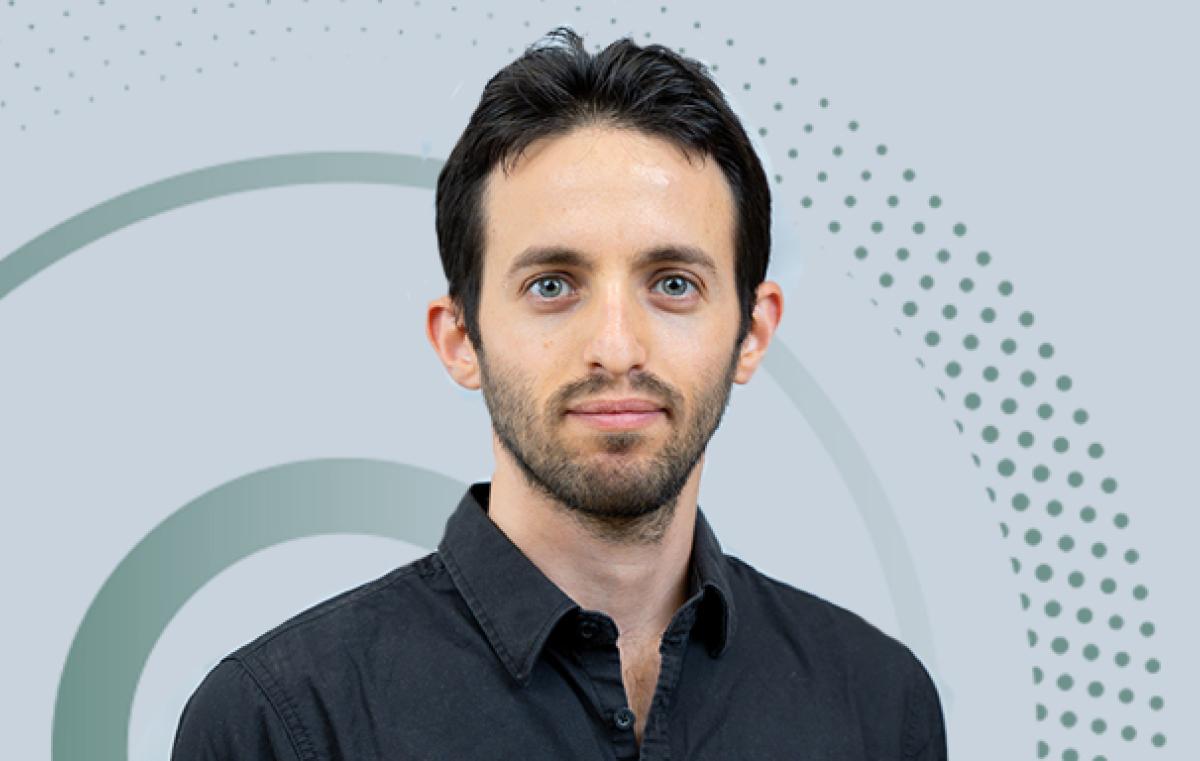Harnessing Quantum for Humanity
Amit Te’eni's research aims to expand the understanding of quantum theory and how it can help benefit humanity

About 100 years ago, the first quantum revolution occurred and quantum theory was discovered, completely changing our understanding of the natural world. Today, organizations and companies around the world are investing countless resources to develop quantum technology, an effort often dubbed as the "second quantum revolution".
Meet Amit Te’eni, a PhD student at Bar-Ilan University's Faculty of Engineering, who recently won the Council for Higher Education's scholarship for outstanding PhD students in the field of quantum science and technology.
"My research focuses on a field called 'quantum information theory'", Te’eni explains. "It's a diverse field with many various aspects, and my focus is on quantum computation theory and the geometric structure of quantum information theory."
Te’eni says that the second quantum revolution strives to actualize the potential of quantum physics and harness it for the benefit of humanity. "The goal of my research is to better understand what we can and cannot do with these technologies in the future. My research might even help find the best possible quantum algorithm for a given problem."
Te’eni tells that he finds great beauty in the rich structure of quantum systems that "emerge naturally" when they are studied. The beauty is closely related to many ideas and unresolved problems in mathematics and physics: "It has been known for 30 years that there are certain computational tasks for which quantum computers have an advantage over regular computers. However, we still lack a thorough understanding of the circumstances under which this quantum advantage is obtained, or how to quantify it. In my research on quantum computing, I use tools of information theory in order to characterize the quantum advantage for certain types of computational tasks known as oracle problems."
"In the context of computer science, an oracle is a type of 'black box' that contains information. We are unable to open the box, rather we can only ask questions about its contents. In oracle problems, our goal is to learn something about the contents of the box by asking a minimum number of questions."
In his spare time, Te’eni writes poetry and short stories, as well as jokes about science and math on his Facebook page, "Nonlocal Dialect". Te’eni notes that although he didn't study at Bar-Ilan for his first two degrees, he feels at home on campus. "The campus is beautiful, and I have a lot of close friends here at the university. There is always someone here with whom you can get a cup of coffee, go for a walk, or just have a chat."